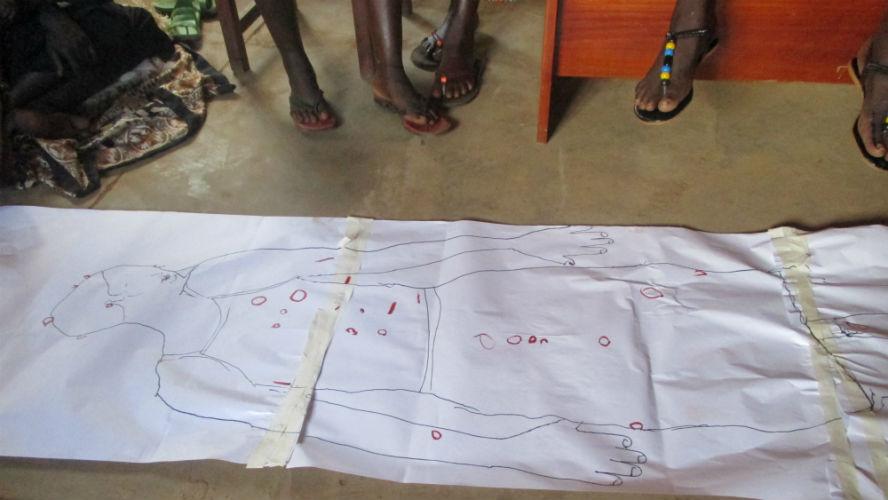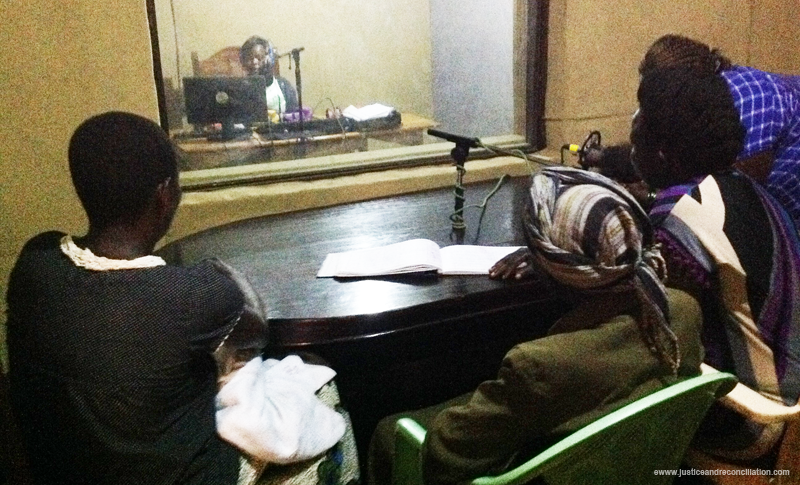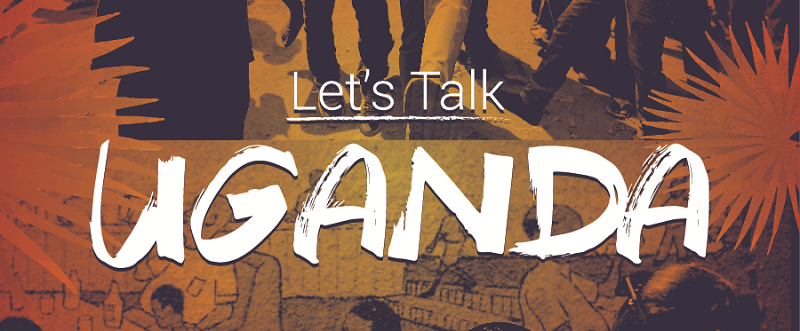How a family reunion has brought closure and healing
“I didn’t know that there is an organisation that resurrects the dead,” said Oweka’s great aunt this past March.
This is a common saying by the families with whom we have been conducting the reintegration of children born of war through family reunions. These children are being looked at as a replacement of their dead relatives or those who have gone missing. During the two decade conflict in northern Uganda thousands of people were killed and abducted and many are still missing up to date. Reuniting the children of the deceased or missing with their relatives is a means by which communities are filling in the void caused by the loss of their loved ones and attaining closure and healing.
A sense of belonging, identity and access to land
Oweka and his mother had been searching for the home for the last five years until they approached the Women’s Advocacy Network for help in late 2016. His mother had returned from captivity with him in the womb and they had been living with his step family from the time he was born. He has been experiencing rejection from his mother’s marital relatives and his step-siblings.
Oweka’s mother had wanted him to reunite with his paternal family so that he could have a sense of belonging, identity as well as access to land. This is because of the patrilineal culture that is embedded in the community where Oweka is from: here, children belong to their father’s lineage and boys are expected to inherit land from their fathers in order to establish their own families.
Reunions as an integral aspect of reintegration
Since January 2016, 19 children have so far been reunited with their relatives by the members of the Women’s Advocacy Network together with the Justice and Reconciliation Project in partnership with the Women’s Initiatives for Gender Justice. Family reunions are an integral aspect of the reintegration of children born of war and their mothers. This is because families are a source of support and welfare, allow for access to land and provide a sense of identity.
In the absence of a formal, state-run transitional justice process local initiatives such as family reunions are ways in which communities are transitioning from the two decades of war in northern Uganda. These initiatives are helping to fill in the vacuum so as to address the legacies of the conflict.
Restoring fractured relationships
Family reunions also ultimately contribute towards reconciliation by allowing maternal and paternal families of the children to come together contributed towards building and restoring relationships that were fractured during the conflict. They also complement other ongoing programs aimed at fostering peace, reconciliation and ensuring proper reintegration of war affected persons in Northern Uganda.
Oweka met his paternal relatives for the first time on the 2nd of March 2017 in the out skirts of Kitgum town. He was welcomed in the home with a thanksgiving prayer amidst celebration and joy. One of the family members said on the day, “We thank God for the grace that has made Oweka return home.” He will now be supported by one of his cousins to join a prestigious boarding school in the area.
During the reunion Oweka said, “They kept on saying I had no clan and a place to belong but now I am at my father’s roots.”












